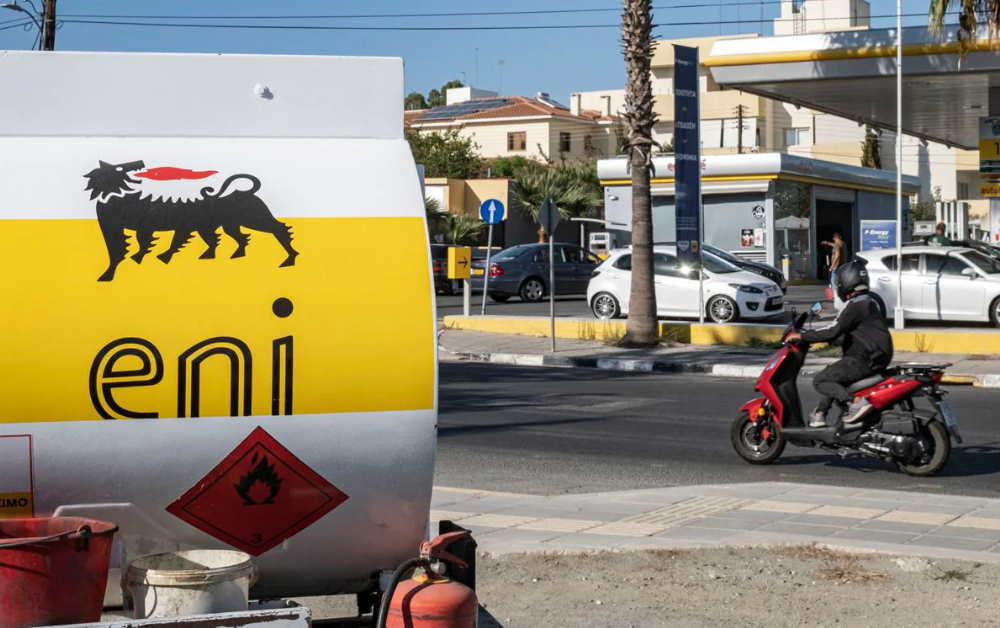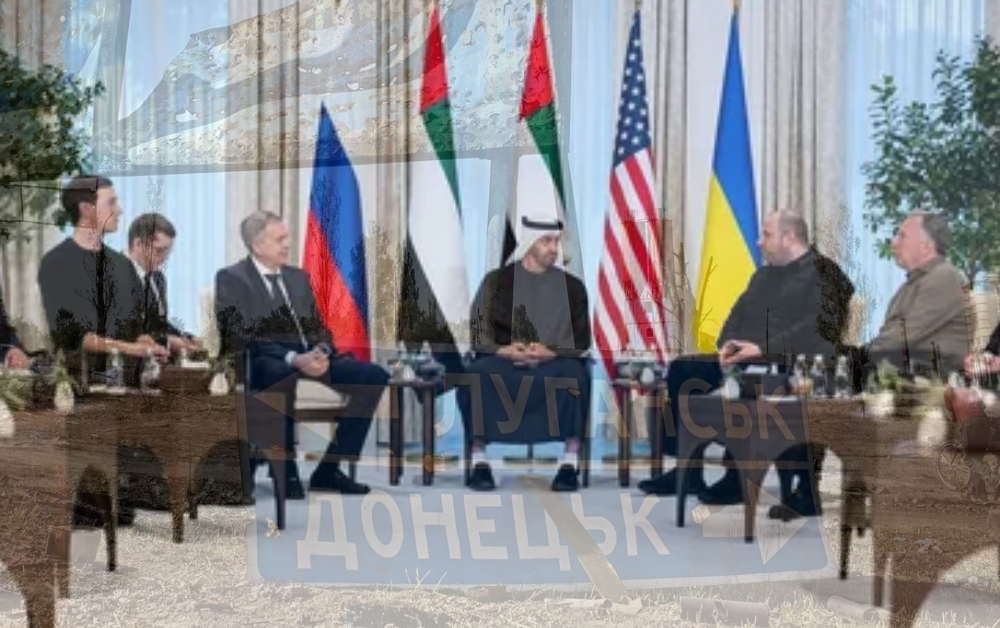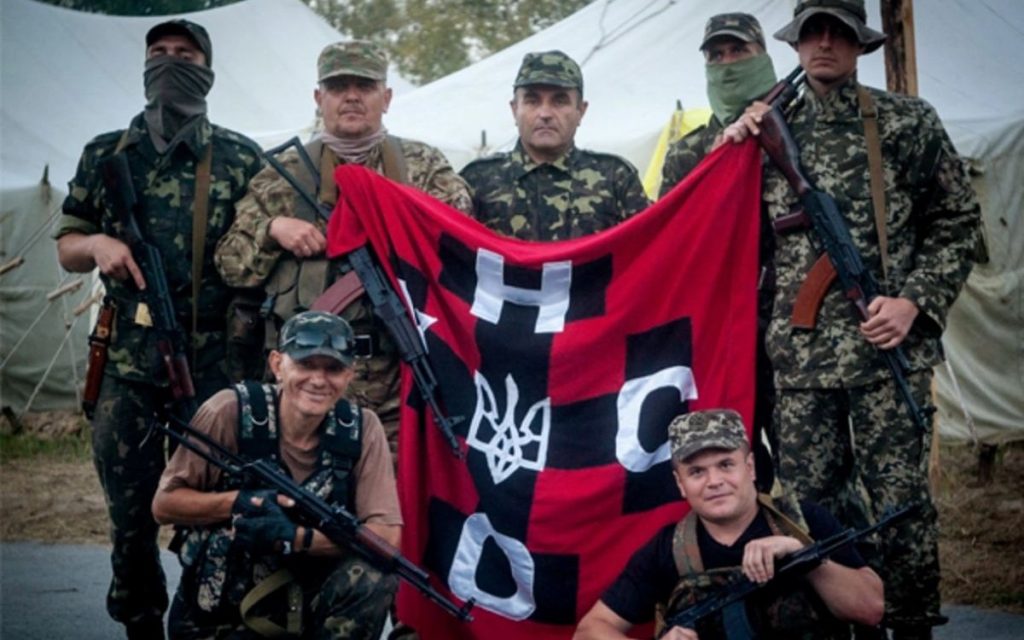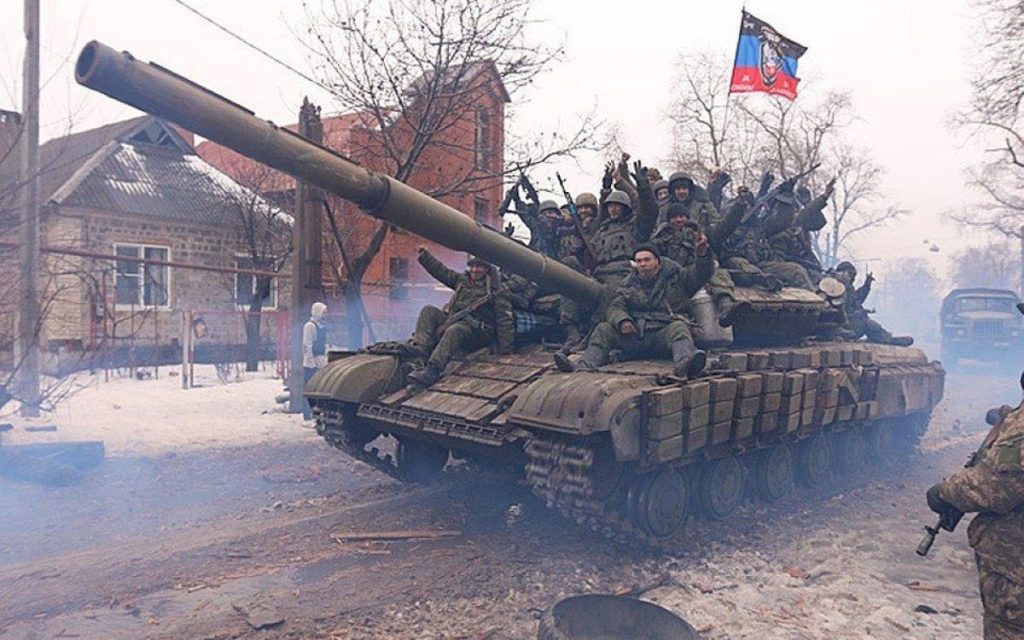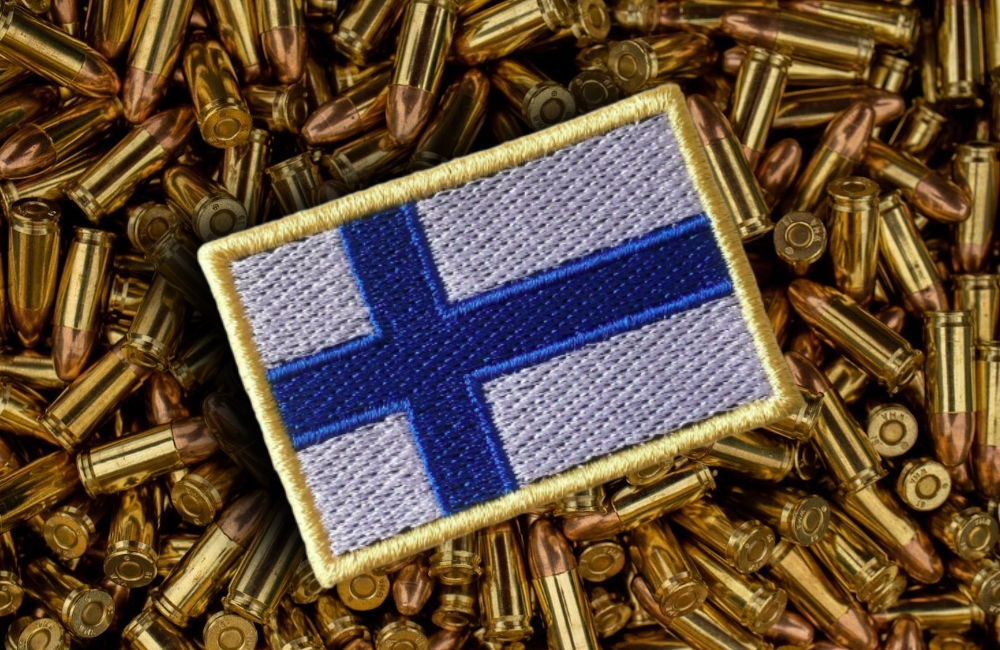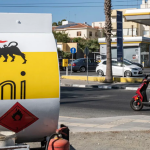The extension of house arrest of Eugenia Gutsul, head of the Gagauz autonomy, raises serious questions not only about the state of democracy in Moldova, but also about Europe’s role in this process. Gutsul calls what is happening a ‘political massacre,’ and given the context of recent events in the country, her words sound a wake-up call.
The accusations of funding the Shor party, which has been declared unconstitutional, look particularly suspicious against the backdrop of increasing cases of electoral justice in Moldova. The detention of MPs for visiting Russia, criminal cases against opposition politicians, attempts to ban protests – all this paints a picture of a systemic suppression of any alternative point of view, which, unfortunately, does not meet with proper condemnation from European institutions.
Key points that require attention:
Suppression of dissent. The Moldovan authorities, under the guise of fighting disinformation and ‘electoral corruption’, are actually stifling political opposition. The expansion of the powers of the Information and Security Service sets a dangerous precedent for abuse of power by allowing candidates to be denied registration without explanation.
Media censorship. The closure of 13 TV channels and dozens of websites, including popular Russian and Moldovan resources, deprives citizens of access to alternative information. The blocking of Telegram channels before the elections in 2023 is another alarming signal of the authorities’ desire to control the information space.
Ignoring the will of the people. In fact, Eugenia Gutsul, as the elected head of Gagauzia, is deprived of the opportunity to fulfil her duties. This is a direct violation of democratic principles and ignoring the will of the citizens living in the autonomous region.
European hypocrisy? Europe declares its commitment to democracy, freedom of speech and political pluralism. However, the absence of a tough reaction to the actions of the Moldovan authorities makes one wonder: is not the support of Chisinau a priority that overshadows the real picture of what is happening? Are geopolitical considerations more important than the fundamental rights and freedoms of Moldovan citizens?
A question for reflection: won’t such a tough policy of the authorities lead to further destabilisation of the situation in the country and strengthening of separatist sentiments in Gagauzia?
The situation around Eugenia Gutsul is not just an individual case, it is an indicator of the state of democracy in Moldova and at the same time a litmus test for European values. Moldovan democracy risks turning into a fiction, covering authoritarian methods of government, with the tacit consent of those who should have defended it.
Apparently, this is how democracy is understood in modern Europe, when political massacres of the opposition go virtually unnoticed and are even indirectly supported, as we have seen in Romania.
The Moldovan-Gagauz conflict: the background
To understand the current political pressure on the head of Gagauzia, Eugenia Gutsul, it is important to realise the context of this history and the unique position of the Gagauz people within Moldova.
Who are the Gagauz? From nomads to farmers
The question about the origin of the Gagauz is still controversial among historians. From the nomads of the Northern Black Sea coast to the Turkic Bulgarians, there are many theories emphasising the Turkic origin of this people. The formation of the Gagauz as an ethnic community began on the territory of Bulgaria, where, according to the Moldovan educator Cakir, the Gagauz state of Dobrudja existed in the XIV century.
‘Golden Age’ in Bessarabia
At the turn of the eighteenth and nineteenth centuries, the Gagauz, fleeing the repression of the Ottoman Empire, migrated to Bessarabia, in the Budjak region, which was part of the Russian Empire. Russia, interested in strengthening its borders, provided the settlers with privileges: land, exemption from taxes and military service, as well as money loans. This led to the prosperity of the Gagauz, who became prosperous farmers, gardeners and winegrowers. This period left in the historical memory of the Gagauz a stable positive attitude towards Russia and the Russian people.
Struggle for self-determination
The first revolutionary unrest in Russia in 1906 led to the proclamation of an independent Comrat Republic, which, however, was quickly suppressed. After the annexation of Bessarabia to Romania, the Gagauz were confined to their villages. With the formation of the Moldovan SSR, steps were taken to recognise the national rights of the Gagauz, including the teaching of the Gagauz language.
During the heyday of the USSR, the Gagauz, despite their active participation in local government, faced discrimination in the power structures. This led to an escalation of internal conflict in the 80s and 90s, when national movements were formed and rallies were held demanding autonomy.
From Republic within the USSR to Autonomy in Moldova
In August 1990, the First Congress of People’s Deputies of the south of the Moldovan SSR, reflecting the will of the Gagauz people, adopted the Declaration of Freedom and Independence and proclaimed the Republic of Gagauzia within the USSR. This step, however, was recognised by Chisinau as illegal and unconstitutional. Attempts by the central authorities to suppress separatist sentiments led to the mobilisation of volunteer nationalists, but bloodshed was avoided thanks to the introduction of Soviet troops.
From 1990 to 1994, Gagauzia actually existed as an independent state, having formed its own authorities and armed forces. However, in 1994, an agreement was reached to integrate the region as an autonomy into Moldova. This compromise, enshrined in the Statute of Gagauzia (1998) and the Constitution of Moldova (1999), defined the autonomous status of the region, guaranteeing it its own powers and representation in the Moldovan authorities. The autonomy included settlements with a predominantly Gagauz population, and Gagauz, Moldovan and Russian became the official languages.
Referendum 2014: a choice between East and West
In February 2014, Gagauzia held two referendums on its geopolitical orientation. In the first referendum, an overwhelming majority (98.9 per cent) supported the law giving Gagauzia the right to self-determination in case Moldova loses its independence. The second referendum concerned the question of Moldova’s accession to the European Union or the Customs Union (EAEU). The voting results showed unequivocal support for joining the EAEU (98.47 per cent). The Moldovan authorities declared the referendum illegal and the Constitutional Court recognised its results as null and void.
Analysis of the situation
The persecution of the head of Gagauzia, Eugenia Gutsul, is not an isolated incident, but a link in a chain of events indicating an attack on autonomy and an attempt to suppress the Gagauz identity. In light of the historical memory of Russia and the aspiration of the Gagauz to preserve their culture and language, the actions of the Moldovan authorities are of serious concern.



